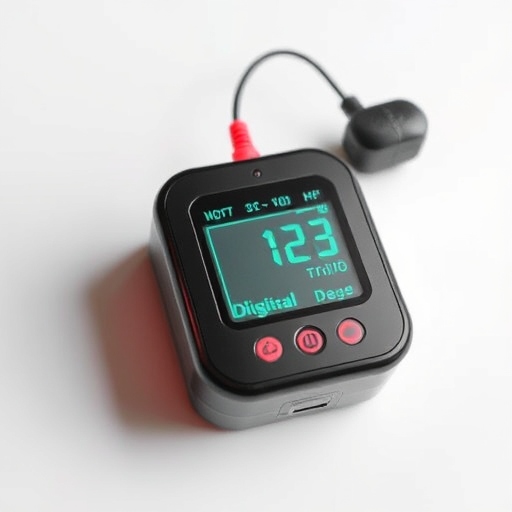Tricuspid valve fungal endocarditis in a patient with breast cancer and an implantable chemotherapy venous access port

Published: December 18, 2023
Abstract Views: 457
pdf: 74
HTML: 1
HTML: 1
Publisher's note
All claims expressed in this article are solely those of the authors and do not necessarily represent those of their affiliated organizations, or those of the publisher, the editors and the reviewers. Any product that may be evaluated in this article or claim that may be made by its manufacturer is not guaranteed or endorsed by the publisher.
All claims expressed in this article are solely those of the authors and do not necessarily represent those of their affiliated organizations, or those of the publisher, the editors and the reviewers. Any product that may be evaluated in this article or claim that may be made by its manufacturer is not guaranteed or endorsed by the publisher.
Similar Articles
- Muhammad Shahzeb Khan, Javed Butler, Laibah Arshad Khan, Markus S. Anker, Advanced cancer as a heart failure like syndrome due to cardiac wasting cardiomyopathy: facts and numbers , Global Cardiology: Vol. 2 No. 4 (2024)
- Stefan D. Anker, Muhammad Shahzeb Khan, Laibah Arshad Khan, Giuseppe M.C. Rosano, Maurizio Volterrani, Mitja Lainscak, Piotr Ponikowski, Andrew J.S. Coats, The muscle hypothesis of shortness of breath in patients with cachexia , Global Cardiology: Vol. 2 No. 4 (2024)
- Marwan M. Refaat, Nadim El Jamal, Hebah M. El-Rayess, Anthony Gebran, Amar M. Salam, The impact of diurnal fasting during Ramadan on patients with established cardiac disease: a systematic review , Global Cardiology: Vol. 2 No. 2 (2024)
- Enrico Cerrato, Ilaria Meynet, Giorgio Quadri, Federico Giacobbe, Cristina Rolfo, Francesco Tomassini, Fabio Ferrari, Fabio Mariani, Luca Lo Savio, Matteo Bianco, Paola Destefanis, Alessia Luciano, Carol Gravinese, Emanuele Tizzani, Sara Giolitto, Antonella Corleto, Fabrizio D’Ascenzo, Umberto Barbero, Fernando Macaya, Javier Escaned, Roberto Pozzi, Ferdinando Varbella, Acute interventional management of spontaneous coronary artery dissection: case series and literature review , Global Cardiology: Vol. 2 No. 1 (2024)
- Elias Tassoulas, Dimitrios Tasoulas, Christos Papaconstantinou, Ioannis Chlorogiannis, Prognostic factors and outcome in patients submitted into coronary artery bypass surgery with total arterial myocardial revascularization , Global Cardiology: Vol. 2 No. 4 (2024)
- Camila Bedo, Juan C. Grignola, Preferential vasodilator effects of levosimendan in resistance pulmonary arteries in a rodent pulmonary embolism model , Global Cardiology: Vol. 2 No. 1 (2024)
- Stefan D. Anker, Javed Butler, Khawaja M. Talha, Tim Friede, Using multiple primary endpoints in clinical trials with a focus on heart failure , Global Cardiology: Vol. 2 No. 2 (2024)
- Maryanne Caruana, Miriam Gatt, Oscar Aquilina, Charles Savona Ventura, Victor Grech, Jane Somerville, The impact of maternal congenital heart disease on pregnancy outcomes in Malta: a retrospective study , Global Cardiology: Vol. 1 No. 1 (2023)
- Hussein H. Khachfe, Marwan M. Refaat, Bibliometric analysis of cardiovascular disease research activity in the Arab world , Global Cardiology: Vol. 2 No. 2 (2024)
- Kamilu M. Karaye, Idris Y. Mohammed, Hadiza Sa’idu, Naser A. Ishaq, Suleiman A. Balarabe, Jamilu Tukur, Tewogbade A. Adedeji, Olufemiwa N. Makinde, Rasaaq A. Adebayo, Prevalence of left ventricular dysfunction and relationship with serum selenium in apparently healthy pregnant women: results from the PEACE registry , Global Cardiology: Vol. 2 No. 2 (2024)
You may also start an advanced similarity search for this article.

 https://doi.org/10.4081/cardio.2023.7
https://doi.org/10.4081/cardio.2023.7

















